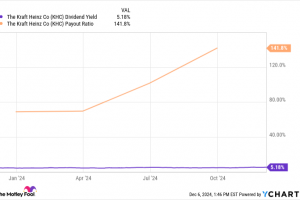
A couple being explained the tax consequences of transferring stock to a trust by their financial advisor
Considering a savvy move to bolster and shield your assets by transferring stock to a trust? There are significant tax implications associated with this strategic decision that you should keep in mind. Understanding the elements of how your finances will be impacted will empower you to plan your finances efficiently to mitigate any potential tax liabilities. Keep in mind that engaging with a financial advisor early in the process can provide insights into these complexities, paving the way for sound decision-making.
What Happens When You Transfer Stock to a Trust?
Essentially, transferring stock to a trust means you are shifting the ownership of your shares. This change opens a door to some complexities. Choosing a trustee, drafting a trust agreement and then reassigning the stocks to the trust via an amendment in the name on the stock certificate or brokerage account are involved. While the trustee acquires the legal ownership of the trust assets, their responsibility lies in managing these assets within the boundaries of the trust agreement, which you as the grantor set.
This transfer doesn’t usually lead to an immediate tax obligation, meaning no tax is levied for merely changing the ownership. However, the trust, which now owns the stock, may become liable for taxes on dividends and capital gains from the stock. The type of trust you opt for can significantly dictate these tax consequences, marking the critical importance of properly understanding them and the potential value of professional financial advice.
Taxes for Revocable vs. Irrevocable Trusts
The selection between revocable and irrevocable trusts, each bearing different tax considerations, is a pivotal decision. Neither can be stated as superior universally, but understanding their tax implications is vital.
Tax Consequences for Revocable Trusts
A revocable or “living trust,” which can be tweaked or dissolved by the grantor during their lifetime, treats the trust assets as personal assets for…
..






